Unlock Your Pup's Potential: Dog Training Guide
Understanding Your Pup's Behavior
Understanding your dog's behaviour starts with recognizing normal traits. Playfulness lets them release energy, while nervousness might show in new situations. Barking and howling are ways dogs communicate.
However, some behaviours can be problematic. Unwarranted barking, growling, or biting suggests aggression, requiring professional training. Destructiveness, like chewing, could indicate boredom, anxiety, or a lack of training. Similarly, separation anxiety shows distress when left alone.
To train your pup effectively, identify its temperament and learning style. Playful pups are energetic, while timid ones are shy. Dominant pups need consistent training.
Learning styles vary, too. Visual learners watch, auditory learners respond to verbal cues, and kinesthetic learners need physical interaction to learn.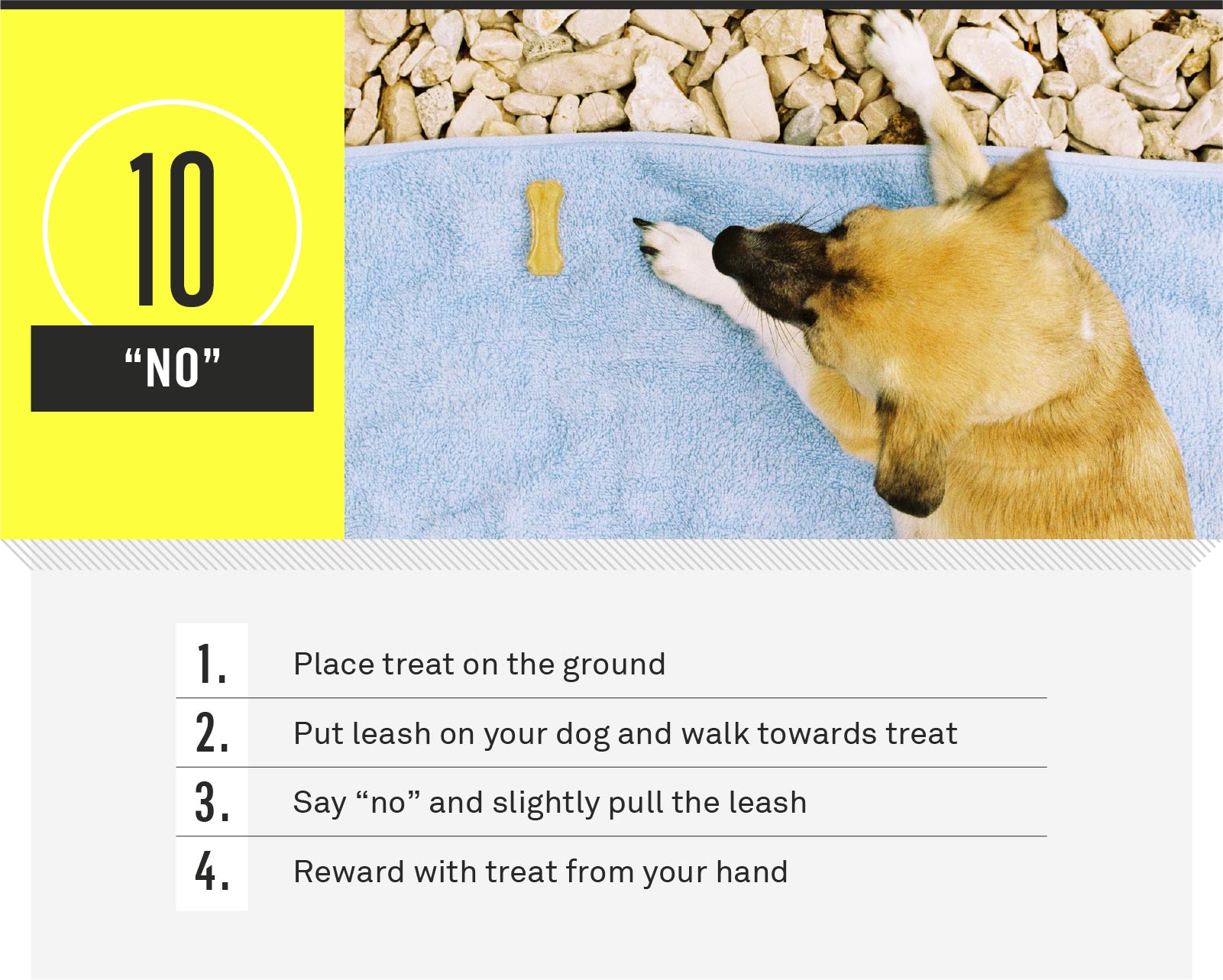
Basic Training Techniques
Teaching your pup basic commands
When training your pup, teaching them basic commands is essential for effective communication and interaction. Start with simple commands like sit, stay, and come. Use clear and consistent verbal cues accompanied by gestures to help your pup understand what you're asking for. Remember to be patient and provide positive reinforcement for each successful attempt.
Positive reinforcement and reward-based training
Positive reinforcement is a powerful tool in training your dog. When your pup exhibits the desired behaviour, such as following a command or displaying good manners, reward them with treats, praise, or playtime. This reinforces the behaviour and encourages them to repeat it in the future. Reward-based training creates a positive association with learning and strengthens the bond between you and your pup.
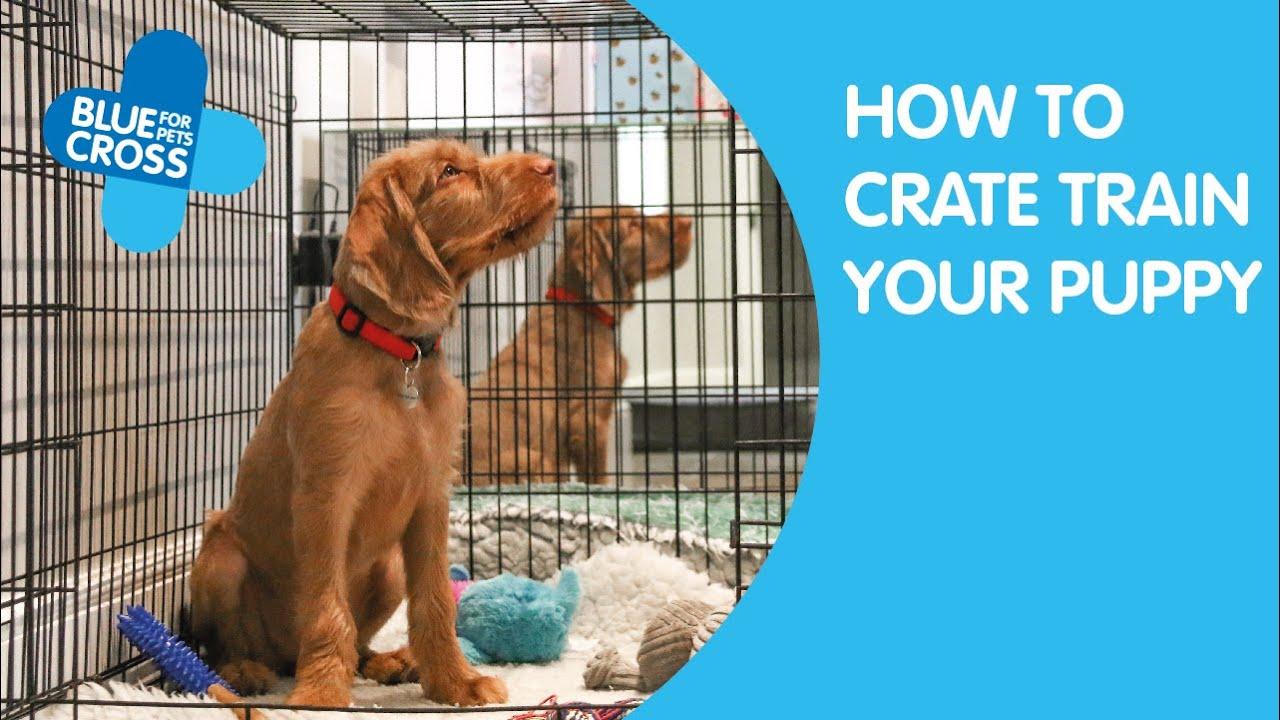
Crate Training and Housebreaking
Introduction to crate training
When it comes to crate training your pup, creating a positive association with the crate is important. Introduce the crate gradually, allowing your pup to explore it at their own pace. Make the crate cosy and inviting with comfortable bedding and their favourite toys. Start with short periods in the crate and gradually increase the duration as your pup becomes more comfortable.
Remember, the crate should never be used as a form of punishment but rather as a safe and secure space for your pup to relax and rest.
Tips for successful housebreaking
Housebreaking your pup requires consistency, patience, and a positive attitude. Establish a regular schedule for feeding, potty breaks, and playtime to help your pup learn when and where to go potty. Take your pup outside frequently, especially after meals and naps, and praise them enthusiastically when they potty in the appropriate spot.
Accidents will happen, so be prepared to clean up accidents without scolding your pup. With time and practice, your pup will learn to potty outside consistently.

Socialization and Behavior Management
Importance of socialization for your pup
When it comes to socializing your pup, it's crucial to expose them to a variety of people, animals, and environments in a positive way. Introduce your pup to new experiences gently, taking their cues and allowing them to explore at their own pace. Encourage positive interactions with other dogs and humans to help your pup build confidence and learn appropriate social skills.
Remember, early socialization can prevent behavioural issues later in life and help your pup become a well-adjusted adult.
Managing and correcting common behaviour issues
Dealing with behaviour issues in your pup requires patience, consistency, and understanding. Address problems promptly and use positive reinforcement to encourage good behaviour. For issues like chewing, digging, or barking, redirect your pup's attention to appropriate toys or activities.
Stay calm and consistent in your approach to reinforce boundaries and expectations. Seek professional help if needed to address more serious behaviour problems effectively.
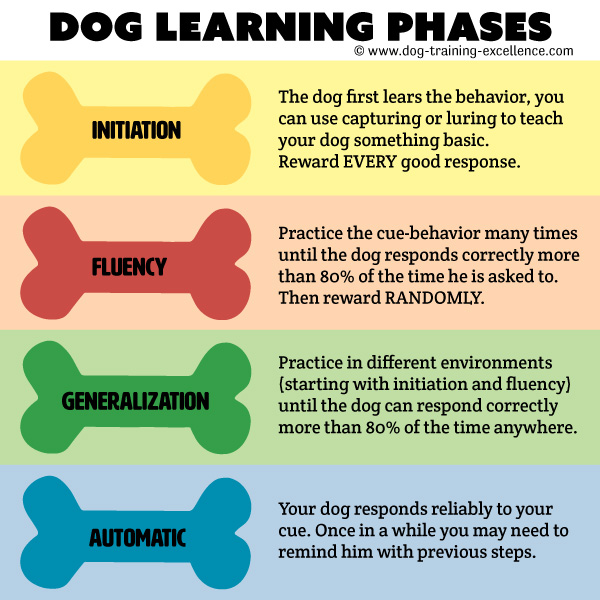
Advanced Training Tips
Teaching advanced commands and tricks
To further enhance your pup's training, you can start teaching them advanced commands and tricks. Focus on commands like 'stay,' 'leave it,' or tricks like 'roll over' or 'fetch.' Consistent practice and positive reinforcement are essential in helping your pup master these advanced skills. Remember to keep training sessions fun and engaging to keep your pup motivated.
Training for specific activities or skills
If you have specific activities or skills in mind for your pup, tailor their training accordingly. Whether it's agility training, scent work, or therapy dog training, map out a training plan that focuses on those specific skills. Seek guidance from professional trainers if needed to ensure you and your pup are on the right track towards mastering the desired activities or skills.
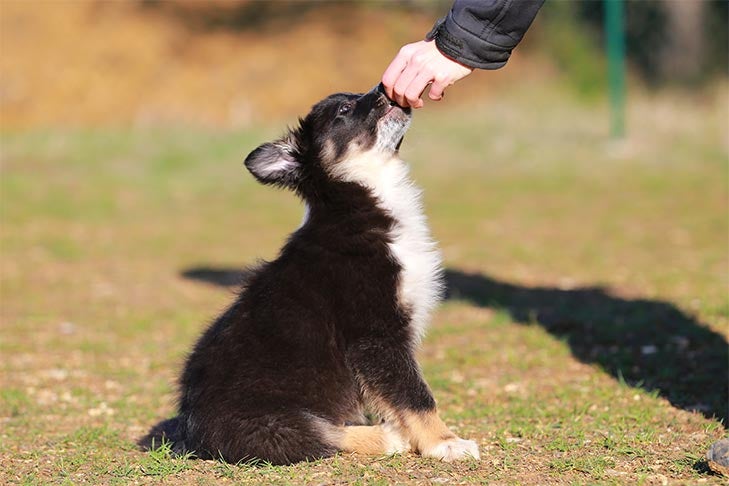
Agility and Obedience Training
Benefits of agility training for your pup
By engaging in agility training with your pup, you can help them improve their physical fitness, mental sharpness, and overall coordination. Agility training provides an opportunity for your pup to have fun while developing essential skills like balance, speed, and focus. It's a great way for you and your pup to bond and work together towards achieving common goals.
Building obedience through training exercises
Through consistent obedience training exercises, you can establish a strong bond with your pup while teaching them vital commands for their safety and well-being.
By practising commands like 'sit,' 'stay,' and 'come,' you are setting clear expectations for your pup and promoting good behaviour. Obedience training enhances communication between you and your pup, leading to a harmonious relationship built on trust and respect.
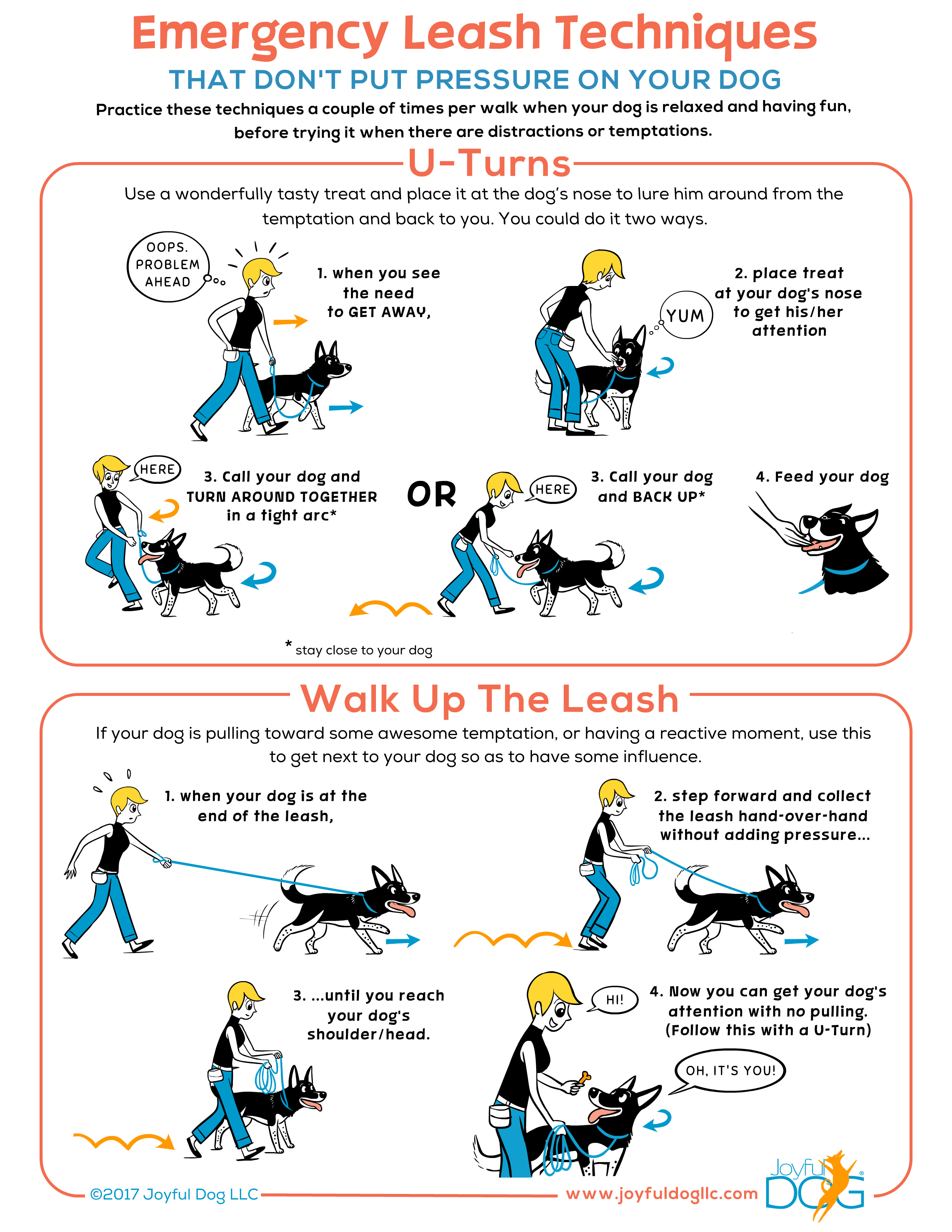
Leash Walking and Recall Training
Training your pup to walk on a leash
When it comes to teaching your pup to walk on a leash, it's important to start slowly and positively reinforcing good behaviour. Begin by getting your pup accustomed to wearing a collar or harness, and then gradually introduce the leash.
Encourage your pup to walk beside you by using treats and praise. Keep the initial walks short and gradually increase the duration as your pup becomes more comfortable. Remember to be patient and consistent in your training to help your pup master leash walking.
Effective recall training techniques
Recall training is crucial for your pup's safety and your peace of mind, especially in off-leash environments. Start by practising in a safe, enclosed area and using high-value treats as rewards. Call your pup's name and use a consistent recall command, such as 'come.'
When your pup responds, reward them generously. Gradually increase the distance and distractions during training sessions to strengthen their recall skills. Remember to keep training sessions positive and enjoyable for your pup to foster a strong recall response.

Addressing Common Behavior Problems
Dealing with chewing, barking, and other issues
When dealing with common behaviour problems like chewing or excessive barking, it's important to understand that these behaviours are often a result of boredom, anxiety, or lack of exercise. Provide plenty of mental and physical stimulation for your pup through interactive toys, puzzle feeders, and regular exercise.
Redirect undesirable behaviours by offering appropriate chew toys or engaging in training exercises to redirect their focus. Consistent positive reinforcement will help address these issues effectively.
Strategies for correcting and preventing behavior problems
Consistency and positive reinforcement are key to correcting and preventing behaviour problems. Establish clear rules and boundaries for your pup and enforce them consistently. Use positive reinforcement techniques such as rewards, praise, and treats to encourage good behaviour.
Address any issues promptly and redirect negative behaviours towards more appropriate activities. Seek professional help if needed to develop a customized training plan for your pup.

